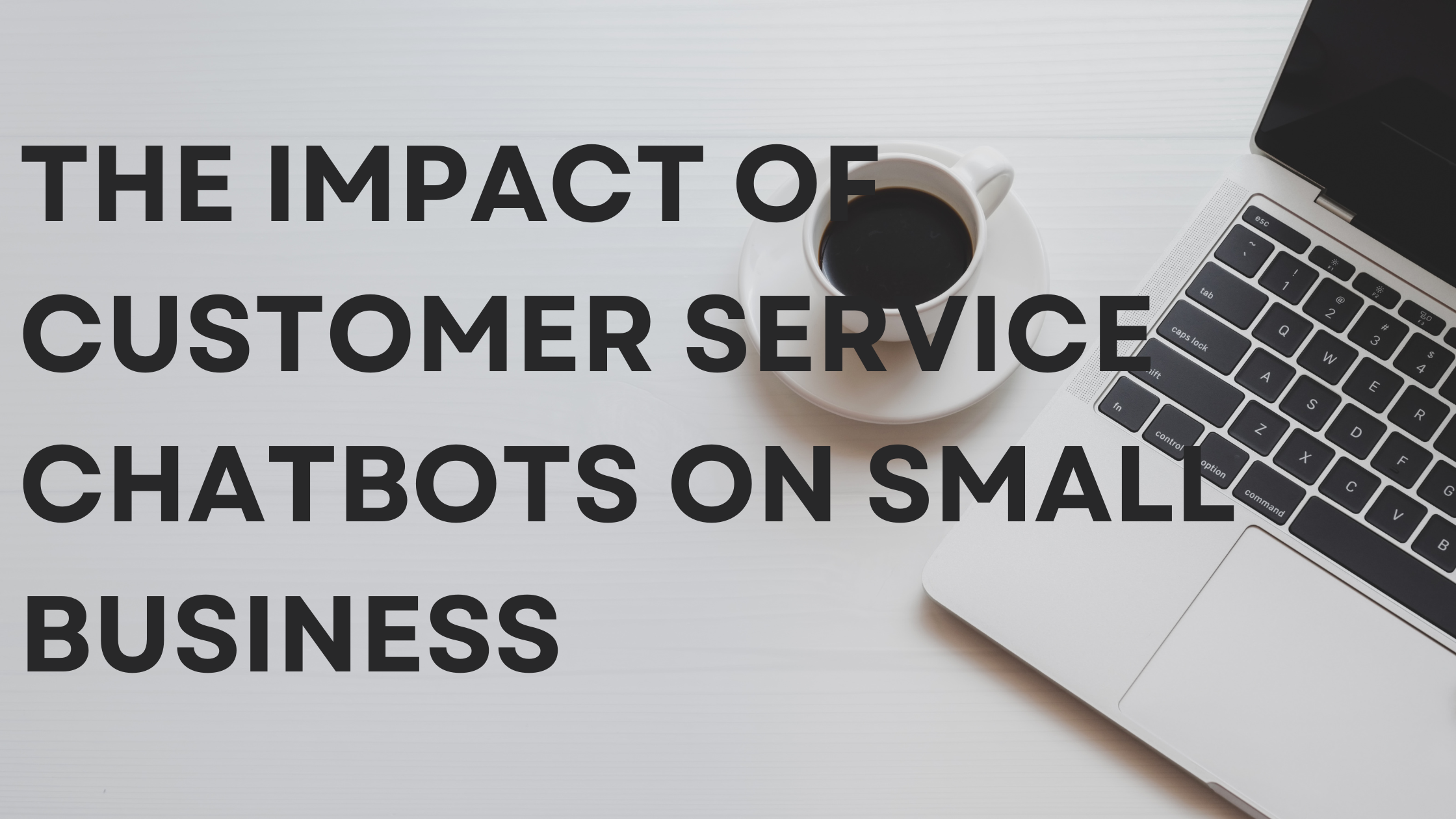Today’s customer service challenges drive businesses to adapt quickly. Accordingly, the rapid pace of technological development has left no industry untouched. One of the most transformative tools for businesses in recent years has been the rise of AI customer service tools, particularly chatbots.
But as we dive into the vast world of digital customer support, a pressing question remains: does a small business truly need customer service chatbots?
Does a Small Business Need Customer Service Chatbots?
Further reading How AI-powered Chatbots are the Future in Customer Service
For many small business owners, the idea of integrating a chatbot for customer support might seem like a leap into the unknown. There’s a common perception that chatbots and AI solutions are reserved for large corporations with vast resources.
The chatbot market has undoubtedly grown over the years. By 2025, the chatbot industry could reach $1.25 billion in value. But should small businesses grow with that trend?
Chatbots are starting to benefit small businesses more and more. Here are some crucial reasons you need customer service chatbots in your small business.
Save Time
One of the biggest customer success challenges of traditional customer support channels is how labor-intensive and time-consuming they can be. The best customer service chatbots can handle multiple inquiries simultaneously, 24/7, without human intervention.
That way, customers receive instant responses, which frees up staff to focus on more complex issues that a chatbot may be unable to resolve. Imagine a retail store managing both in-store customers and online inquiries. Instead of stretching staff thin or hiring additional personnel, a chatbot can efficiently manage most online questions.
Save Money
Moreover, the cost efficiency of chatbots is another vital point to consider. Implementing a chatbot might have an upfront cost, but it can be much more affordable in the long run than maintaining a large customer service team.
As many small businesses operate on tight budgets, finding ways to cut costs without compromising quality is crucial. And if you’re curious about how these chatbots look and function in real-time, numerous website chatbot examples are available online that showcase their versatility and user-friendliness.
Taper Customer Expectations
Customer expectations are evolving. Modern consumers are accustomed to instant gratification, thanks to the rapid advancement of technology. They expect immediate answers; if a business fails to provide that, they’re more likely to shift their loyalty elsewhere. By integrating a chatbot, small businesses can meet these expectations head-on, ensuring they don’t lose out on potential sales and loyal customers.
Every small business will have unique needs and challenges. The increasing accessibility and affordability of chatbot solutions make it a compelling option for many. Chatbots are a futuristic novelty and a strategic tool that can propel a small business into the future.
How Customer Service Chatbots Impact Efficiency and Profitability
How will chatbots impact the efficiency and profitability of a small business? Here are seven implications of customer service chatbots for your enterprise:
Recommended reading Unlocking 12 Methods to Scale Customer Support for Business Growth
Operational Overhaul
You must re-evaluate your traditional customer service workflows as you scale your customer support. Going through that process, you might need to determine new protocols for escalating issues from chatbots to human agents.
This shift can result in a change in how customer service departments work within your organization. Consider shifting anyone deemed redundant into more high-level roles like customer happiness or bottom-of-the-funnel sales.
Training & Skill Development
Now that chatbots can handle routine inquiries, human agents should focus more on complex issues. With this shift, there will be a demand for advanced training programs that emphasize problem-solving and empathy. As a result, businesses might see an evolution in their customer service teams’ skill sets and training needs.
Continue reading How Chatbots Can Help Businesses Generate Leads?
Economic Repercussions
While chatbots promise long-term savings, the upfront costs can be a hurdle for some businesses. Balancing initial investment against future savings and employment considerations becomes crucial. Consider looking for economical chatbot systems built for small enterprises.
Data Privacy
Chatbots gather and process vast amounts of customer data. This influx of data demands robust storage solutions and strict adherence to privacy regulations. Your business must ensure that chatbots comply with data security rules and regulations. This is paramount to avoid potential legal pitfalls.
Improved Human Resource
Many people view AI as a threat to human resources. But it can actually be a catalyst for helping employees instead of replacing them. Let’s say you’re a healthcare business. With chatbots in the mix, your nurses won’t have to deal with online queries, which gives them more time to focus on actual healthcare.
They can even spend more time on education and upskilling, taking on accelerated NP programs and CPD training to improve their technical skills.
Integration Complexity:
Incorporating chatbots will mean integrating them with existing software, such as CRM systems and databases. Ensuring seamless integration is essential to avoid operational disruptions and maintain efficient customer service.
If needed, seek advice and guidance from contractors who can integrate your chatbot with your systems. Alternatively, you should look for providers who can merge these solutions.
More reading Maximizing Sales: 7 Ways Chatbots for Sales Benefit Your Business
Customer Service is Changing
Customer service is changing. There could be a day when chatbots will become the norm instead of the fringe. So it’s important that small businesses, no matter how lean, start implementing chatbot solutions if they want to remain relevant in the next business age.





